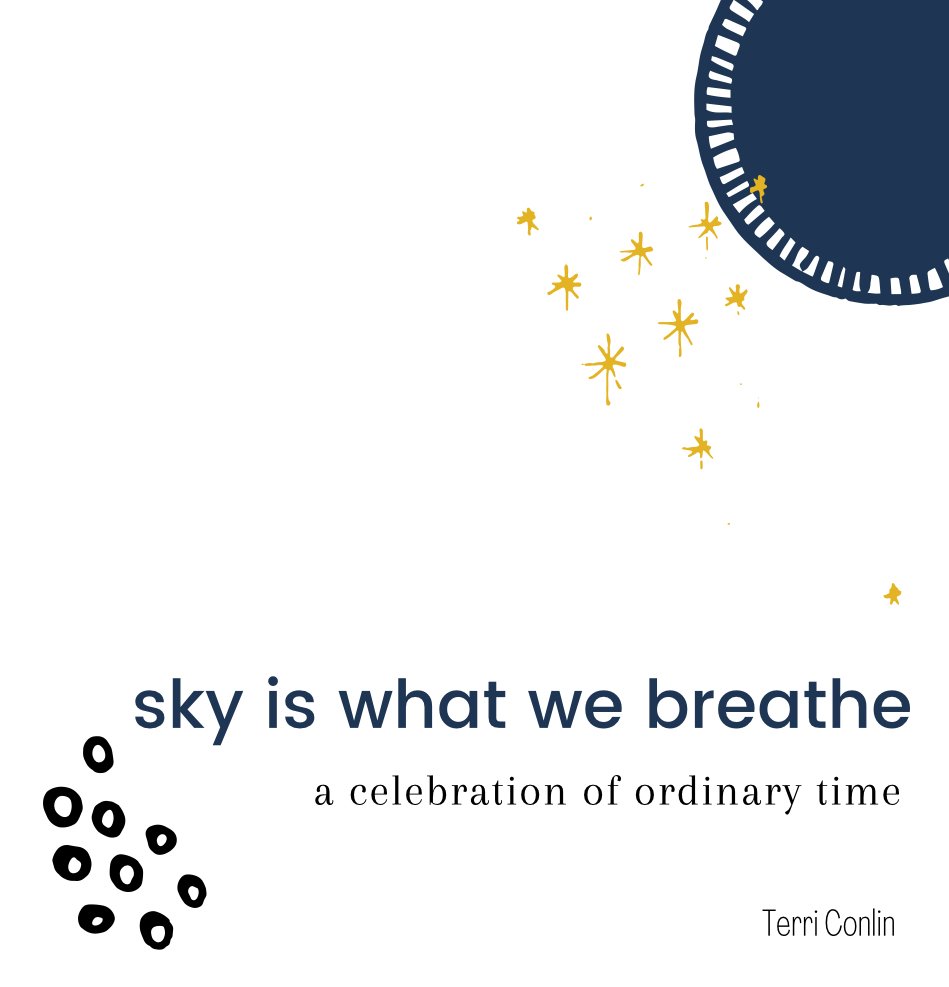Ordinary Time - that time in-between times where life really happens
“The danger is not lest the soul should doubt whether there is any bread, but lest, by a lie, it should persuade itself that it is not hungry.”
Simone Weil
No matter what we tell ourselves, we are hungry. And thirsty.
The longer I read and re-read the Psalms, the more I think that maybe our deep hunger and thirst is what their cry is meant to admit. What are we hungry and thirsty for? For justice, mercy, a new world in a better order, to admit our mistakes, to forgive and be forgiven, to weep openly for joy and for sorrow, to be loved, to be heard, to return from exile and despair, for a heart that trusts God. All of our little hungers and thirsts point to our one deep hunger and thirst - to grow in friendship with God, our neighbors, ourselves. We don’t even have to admit this for it to be true. We were made hungry and thirsty, body and soul. One points to the other.
That is what this next season of the liturgical calendar is for. Ordinary Time is that time between Pentecost when the Holy Spirit lit us up in communication with our Maker for the sake of others and Advent which anticipates and celebrates the birth of the Beloved Son who made that Light possible.
How can we mark that time between times when we might otherwise coast until the frenzies start of school or when the retailers stock their shelves with Fall and Christmas merchandise around sometime around July 4?
Here’s one idea. Let’s read the Psalms at a summery pace all the way through the fall and while we do it, count our ordinary life as significant of our attention and holy.
After all, Jesus spent 30 of his 33 years in his hometown growing from a baby to a boy, to an adolescent, into a man. He was learning obedience, kindness, how to pray and listen, how to be a son, a brother, a cousin, a friend. How to whittle and carve and make joints in wood. Perhaps he was an uncle or storyteller in his town. Maybe he sang or whistled, climbed mountains or trees, drew pictures, cooked, gardened or built fires, sailed boats, gathered shells or fished on a lake. I wonder if he learned to fly a kite or find the stars in the inky skies over the Lake of Galilee.
Consider the parts that make up your everyday life. Who are you learning to be? What are you learning to do? What are you cooking and eating, also who are eating with? What is blooming outside your window? What are you tasting, touching, smelling, seeing, or hearing? What colors do you see? What is the weather? What do you do outside? How do you begin your day or end your day? ? What are you reading? Where are you traveling? How are you praying? What songs are you singing, playing, hearing?
I am suggesting we pay attention to our ordinary lives as we read one psalm each day (not counting Sabbaths) for 150 days, and connect our lives with God’s living presence. This year, there are actually 168 days to read 150 Psalms. (See what I mean by a summery pace?) You can read diligently, skip days, go on vacation, return and play catch up, or pause to savor ones that speak to you for days.
The Psalms are a collection of prayers from a variety of authors made for so many purposes with honest expressions of joy, pilgrimage, praise, despair, hope, death, and life. Deep emotions and connection with God are in the process of being worked out. The psalmist is free to express a range of emotions, even fear of being cut-off from God, and not in fact be cut-off from him.
They are poetry (not literal) and to be savored as such with imagination, feeling, mystery and faith. How could some be written with an eye toward Christ generations before he was born?
Perhaps it will help to think of the whole book of prayers as the diary of a pilgrimage. One where we realize along with St Teresa of Avila, “the feeling remains that God is on the journey too.*”
“the feeling remains that God is on the journey too”
St Teresa of Avila
To begin this journey through the Psalms, you can simply open your Bible and begin in Psalm 1 and read at your own pace until you get to Psalm 150, taking your time until Advent (Dec 1, 2024).
If you want any help or company along the way, here are some: one guided journey called “Sky is What we Breathe” (digital or physical cards), two books, a poem, and a playlist.
Choose what works for you. Mix and match.
Ordinary Time
by Marie Howe
A Thursday - no - a Friday someone said.
What year was it?
Just after the previous age ended, it began.
And although the scientists still studied the heavens
and stars blazed - if the evening wasn’t cloudy -
what happened did not occur in public view.
Some said it simply didn’t happen, although others insisted they knew
all about it
and made many intricate plans.
A curated playlist for you!
It probably won’t happen overnight. It is a slow unfancy way. But if you keep reading these prayers from a psalmist’s honest heart and God’s own, and listening for God’s heartbeat while connecting that rhythm to your life, you might just find a new awareness of the Trinity’s warm presence where you never saw it before, a few new questions, no small amount of mystery, yourself gently becoming God’s dear friend, or Christ himself, your brother, and a recognition of the Spirit’s movement in your ordinary life.
Wouldn’t that be delicious?


